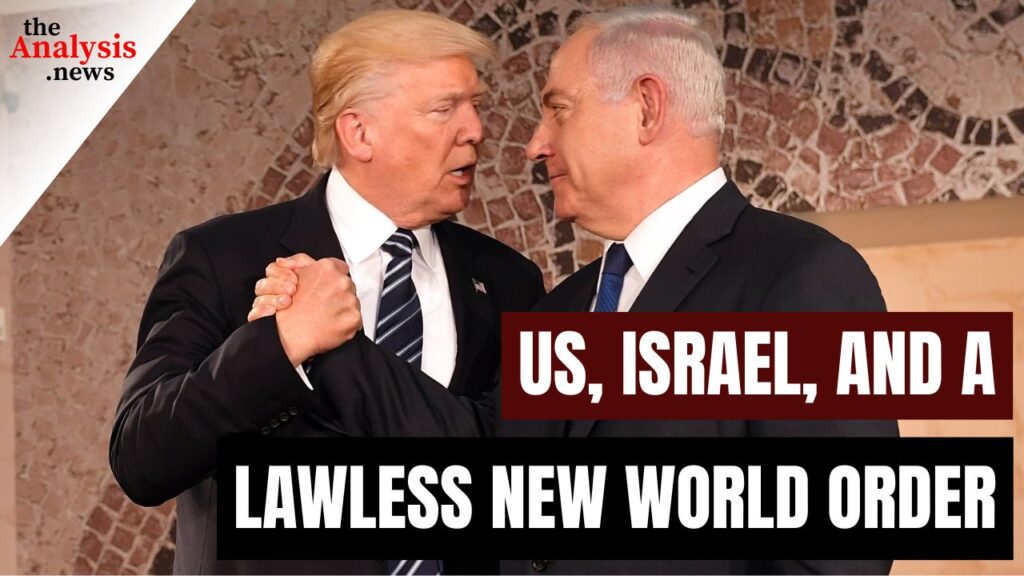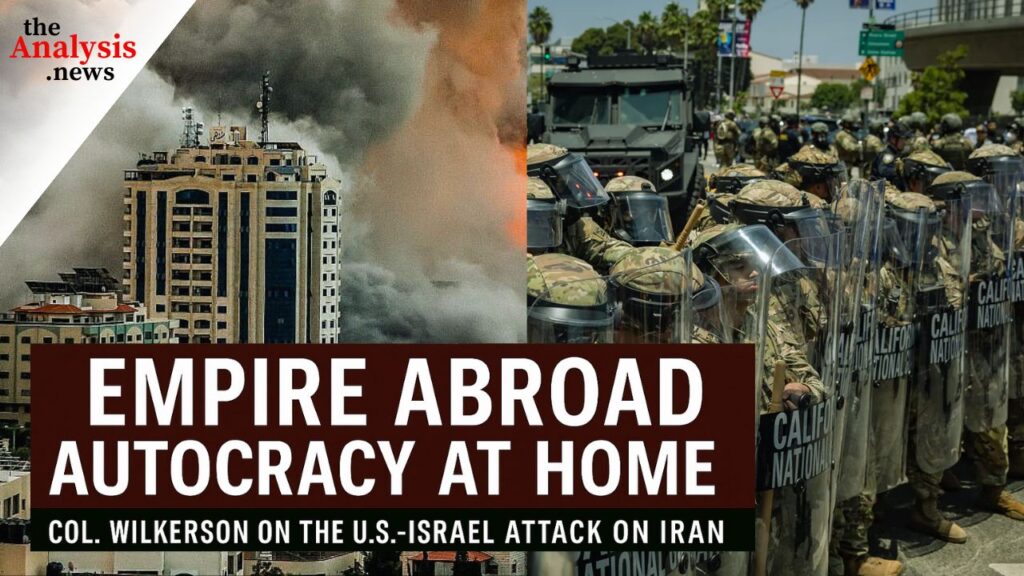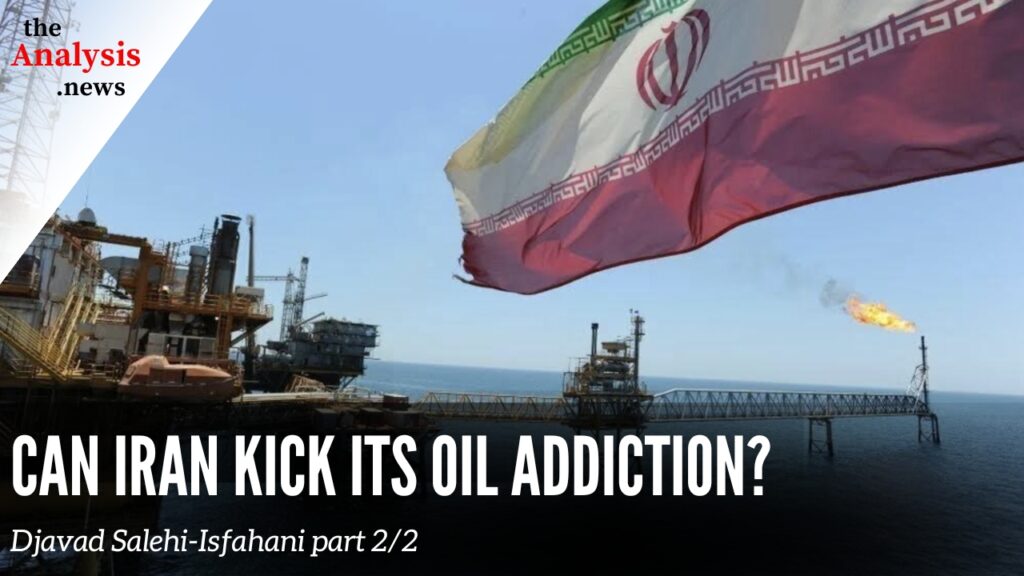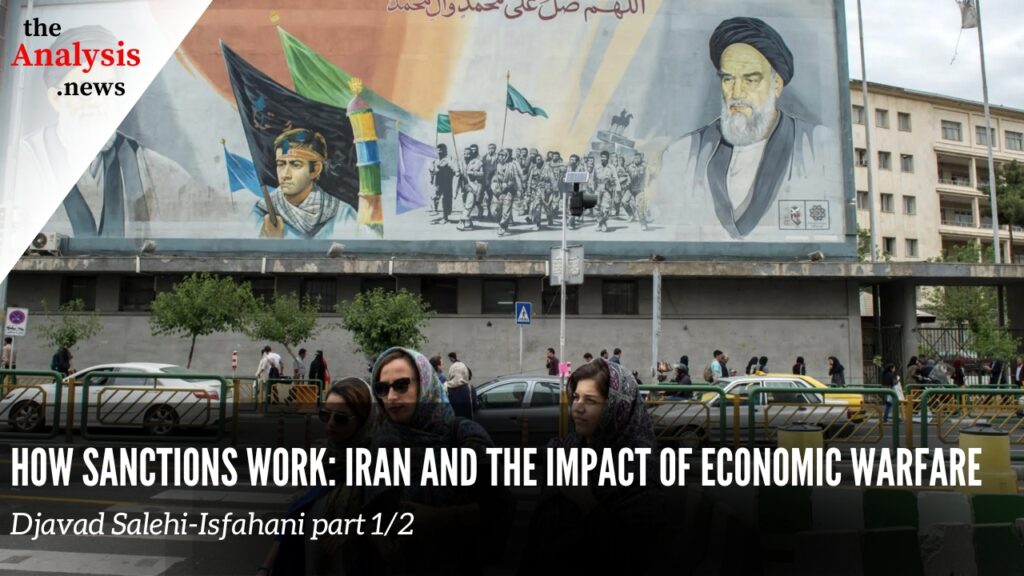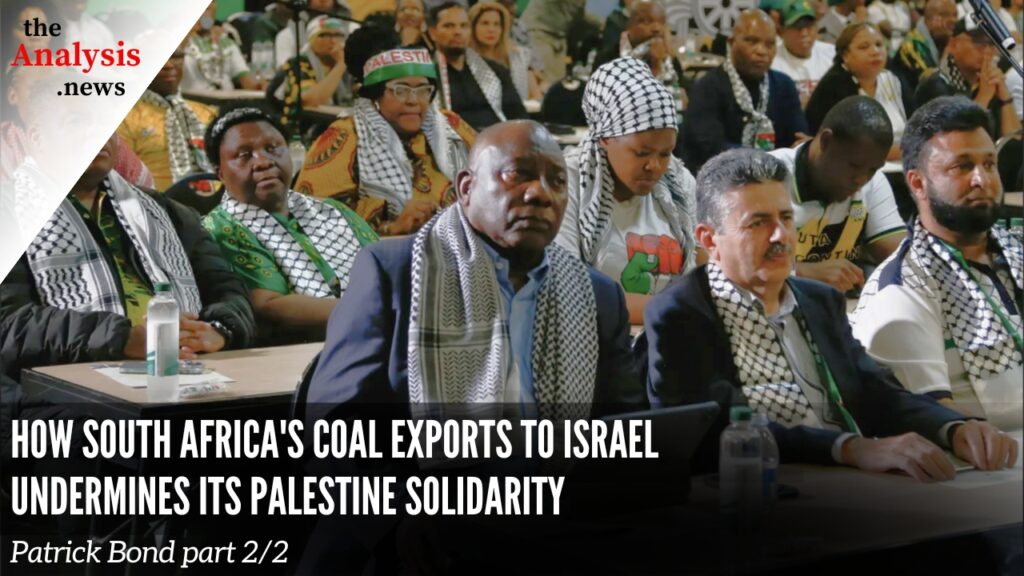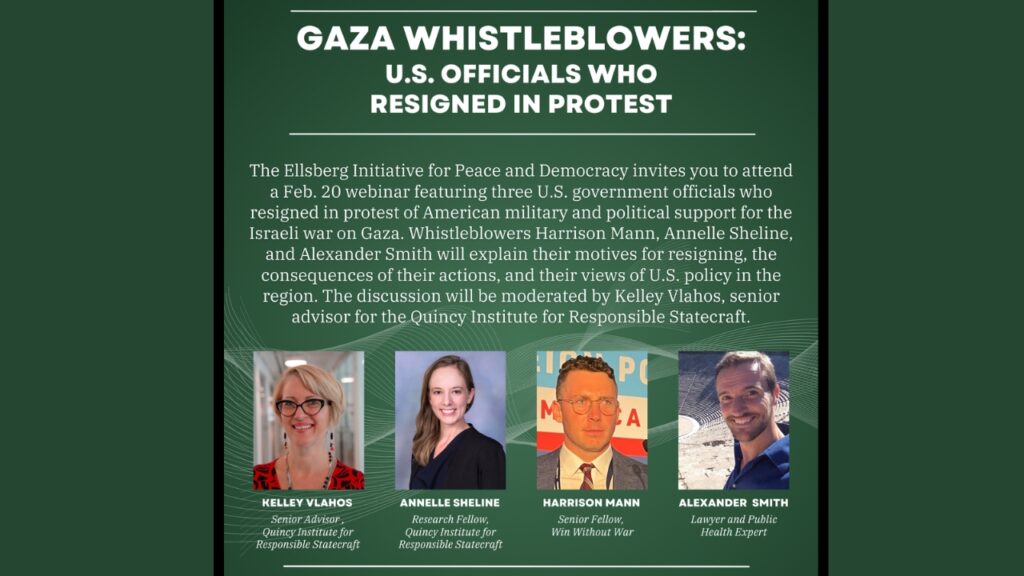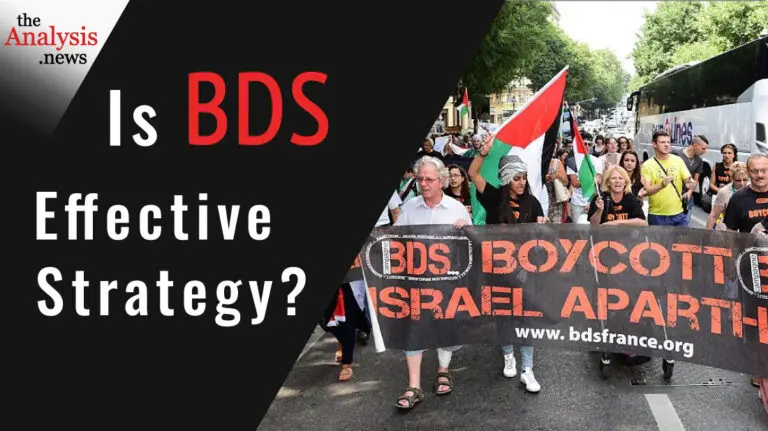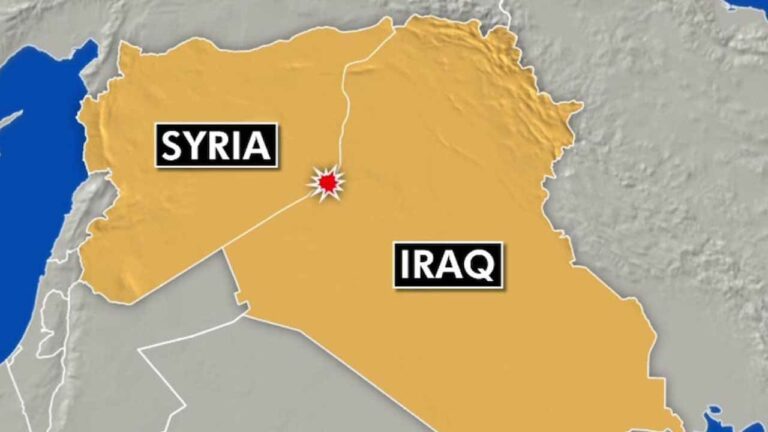In a much-anticipated ruling, the ICJ has unequivocally denounced the Israeli occupation of the West Bank, East Jerusalem, and the Gaza Strip as illegal. Israeli-American historian and genocide scholar Omer Bartov contextualizes Israeli society’s widespread justification of the occupation and how Israeli politicians and mainstream media pundits are cheering on the torture of Palestinian detainees. He discusses the recent release of footage documenting the rape of Palestinians at the Sde Teiman detention center and the storming of several detention sites by Israeli far-right mobs in defense of Israel’s “right to torture.”
War Criminal Netanyahu’s Reckless Provocations – Omer Bartov part 2/2
Talia Baroncelli
Hi, I’m Talia Baroncelli, and you’re watching theAnalysis.news. I’ll shortly be joined by Israeli-American historian and genocide scholar Omer Bartov. We’ll be speaking about the situation in Israel right now, as well as anti-Semitism.
If you’d like to support the show, you can go to our website, theAnalysis.news, hit the donate button at the top right corner of the screen. Make sure you get onto our mailing list; that way, you’re always up to date every time a new episode is published. You can like and subscribe to the show on YouTube or on other podcast streaming services such as Spotify or Apple. See you in a bit with Omer Bartov.
I’m very happy to be joined by Omer Bartov. He is a Samuel Pisar Professor of Holocaust and Genocide Studies at Brown University in the United States. He’s the author of numerous books, including Hitler’s Army, Germany’s War, and the Holocaust: Disputed Histories, as well as a book published last year, last August 2023, called Genocide, the Holocaust and Israel-Palestine: First-Person History in Times of Crisis. I’m very happy that you were able to join me today, Omer. It is great to have you back.
Omer Bartov
Thanks for having me.
Talia Baroncelli
I wanted to speak about a few recent developments in Israel. There was an Israeli parliament ruling. The Knesset ruled against the creation of the Palestinian state. I believe 68 members of parliament ruled against the creation of a Palestinian state, and nine members ruled in favor of the creation of a Palestinian state. I’m just wondering, what is the general sentiment in Israel right now? I know you were just back in Israel for two weeks. Would you say that there is actually a sense that the occupation itself is not only horrible for Palestinians but also not in the interest of Israelis themselves, that it could pose a potential security threat to Israelis? Or is there no recognition of the occupation as being a source of resistance?
Omer Bartov
Look, there are obviously some people in Israel. If, say, you read the pages of Haaretz or of +972, which is called Local Talk in the Hebrew version, yes, who think that the occupation is a terrible thing, who think that the occupation is the root of everything that we see now. But that’s a very small minority. You can read very interesting and, in fact, very useful analyses of that within that small sector. But it’s a very small sector of society, and it feels, in fact, that it is that. It feels completely isolated from the main bulk of Israeli opinion.
Israeli opinion is such, as far as I can tell, and as far as it’s reflected in my conversations in Israel on the Israeli media, the mainstream media, certainly on all the networks and so forth, is we don’t want to talk about any of that. We have no interest at all in speaking about… I’m not talking about a Palestinian state, but speaking about any negotiations with Palestinians.
So what does that mean? It means that what the Knesset passed, that rule, which, of course, flies in the face of the Oslo Accords and the whole edifice of Israeli diplomacy, at least of Israeli rhetorical diplomacy, is out the window. There’s nothing to replace it. There’s no talk about any strategy. In fact, if you want to say that there’s any alternative tool in Israel that you will hear on some media outlets, is that Israel is engaged in war, it’s engaged in violence, and it does not have a strategy. It has completely given up the idea of having a strategy in the sense that war becomes part of a larger context, which is governed by a policy, which is governed by some political concept. There’s simply none of that.
If you speak with people on the street, people who think less about higher matters of war-making and the diplomacy strategy, by large, the vibe you get is, first of all, indifference to whatever is happening to Palestinians, which is wrapped in a fair amount of rage, sometimes desire for revenge, and a sense of helplessness, a sense of this is our fate. We don’t what will happen next, but we are just living through this period, and all we can do is continue to resist, to fight. Apparently, that’s what we will do in the foreseeable future. That’s the mentality that makes it very easy for the current government in Israel to continue doing what it’s doing.
Talia Baroncelli
Would you say that when Israelis even use the term for occupation in Hebrew kibosh, they’re placing themselves in a very specific corner? Is that seen as generally being something said by leftists, or is that perhaps looked down upon by the far right?
Omer Bartov
Well, of course, it’s looked down upon by the far right; that’s obvious. But the mainstream in its role does not even… If it recognizes the term kibosh, the term occupation, it’s recognized only in the sense that that is some accusation hurled at Israel by its critics, the minority of critics inside Israel, people who will often be seen as defeatists or as stabbing the country in the back, and by all these international bodies and all these ignorant students who are demonstrating on American or European campuses, they don’t really understand the sheer reality of the ground. So, yes, occupation as such is generally seen not as a reality but as an accusation or as an identifier of your critical views of Israel.
Talia Baroncelli
The International Court of Justice recently ruled on the occupation. It issued an advisory opinion stating that the occupation in the West Bank, in East Jerusalem, and in the Gaza Strip is unlawful and that because of the amount of time that it’s been taking place, it constitutes an annexation of land and it subjugates Palestinians to unlawful, horrific conditions. This particular advisory opinion is not binding, and yet it still imposes legal obligations on states.
I was wondering, what concrete effects does it have on Israeli politicians? We still see far-right-wing officials such as the Finance Minister, Bezalel Smotrich, say genocidal things such as that it is moral to starve two million Palestinians in Gaza in order to bring about the return of the hostages who are still being held. What concrete effects are people like Smotrich actually feeling right now?
Omer Bartov
Well, the only way in which people like Smotrich and other settlers feel the implications of this ruling is if this ruling is used, and it’s used to a limited extent by European countries and by the United States, although it doesn’t refer directly to that ruling, with sanctions on people on the ground.
The United States has passed some sanctions. There have been rumors that they may actually do that with Smotrich and [Itamar] Ben-Gvir, these two extremist ministers. They would feel it directly. That is, if there are limits on them, if there are sanctions on them, then they actually cannot move funds anywhere. That will have an effect on the settlement project. But, of course, it is seen and publicly defined as anti-Semitic actions. So propaganda-wise, it only plays into their hands if it is not followed by actual measures.
Now, if you think about the reality of it rather than the way either they perceive it or present it to their public, these measures will have an effect, can have an effect, if countries, European countries which have very strong economic relations with Israel, Israel exports more to Europe than to the United States. If these countries actually follow their own laws, it would say that you are not supposed to provide arms or to have normal relations with countries that are engaged in severe breaches of international law. That has happened up to now to a very limited extent. But we cannot expect people like Smotrich, Ben-Gvir, and, for that matter, Netanyahu, to worry about this if it’s just some ruling that is never followed up upon.
I’d say that in the case of Netanyahu, the one implication not only of the ruling by the ICJ about the occupation, but also we don’t know whether there’s been a ruling by the ICC or not, but we know that the prosecutor has asked for it. The ICC may have actually issued arrest warrants and just not said that it has. In that case, this can have implications, diplomatic and political implications. But up to now, the Israeli government, policymakers are not showing any signs of relenting.
The one other place where I’d say these rulings have potentially an impact is within the military because people in the military, at least those of them who like traveling abroad, can be now worried about being found guilty of war crimes. That’s a possibility that may be on their minds. But again, up to now, we have not seen any of this having an effect on the way Israel is conducting itself in Gaza.
Talia Baroncelli
Right. Going back to that ruling, the ruling did state that the occupation was unlawful. The world court, the International Court of Justice, ruled that it’s not of a temporary nature, that it’s been going on for too long. Because it’s not temporary, it’s, in effect, an annexation of territory, that it’s unjust, and that it’s subjugating Palestinians in the West Bank, East Jerusalem, and the Gaza Strip to horrific conditions. I think the meat of the ruling is that it really forces countries to enforce their own domestic law to not sell weapons to Israel. I don’t know what’s going to happen in the U.K., but I know the Secretary of State, David Lammy, of the new Labor government, has put a pause on shipments to Israel. Whether there’s a policy shift there, that’s yet to be determined.
I guess the big question would be how the United States reacts to that, and then how would a country like Germany which provides almost 30% of weapons to Israel, how would they react? The company Siemens provides not just weapons but I believe, submarines to Israel. Looking at the U.S. case and the Germany case, could you potentially imagine any policy shift there when it comes to providing weapons to Israel?
Omer Bartov
Yeah, that’s a big question. Look, as you said, the Israeli Navy is mostly made in Germany and made by Siemens, which is ironic, considering Siemens has so in history in World War II, produced it for the Nazis. That’s the cutting of history here. Do I think it will happen? We have not seen enough of it. We’ve seen a little bit i.e., Spain not allowing ships to war in Spanish courts. The Italians have stopped shipments. There’s some noise in Britain, but by large, the main effect on Israel up to now has actually been the decision by the Biden administration to limit or to stop the supply of heavy bombs, of 2,000-pound bombs, which has not been changed still.
Now, you would think that’s not such a big deal, but right now, that’s the one thing that is being discussed in Israel because these were conceived of as bunker-busting bombs. The IDF used them indiscriminately and thereby killed a lot of civilians, and that’s why the administration reluctantly stopped those shipments.
My understanding is that this has been the main constraint, but it’s obviously insufficient. It’s very hard to tell how this will develop in the future. I think that in the long run, this tide is turning. Yes, the ruling by the ICJ is a very important ruling. It won’t have immediate effect, but it does have long-term effects. As you said, countries have their own domestic laws, and they don’t always enforce them. But in the long run, I think this will have an effect.
The situation right now in the Middle East is so volatile. It’s so unclear what may happen at any minute right now. These countries have conflicting interests here because they are also seeing Iran as a threat to their own interests. They’re worried about Israel getting the whole region into a regional conflict. But they also see Israel as the main military force there that is also protecting their own interests. It’s pretty hard to tell how this will go. I think that Netanyahu is playing a very risky game, but he’s trying to expand what is going on in Gaza, which is an extremely unsuccessful operation by Israel, quite apart from its criminal aspect, into a regional conflict where all these interests get mixed up together. I think we’d be foolhardy to predict right now where this is going.
Talia Baroncelli
Yeah, it’s better that we don’t speculate, but let’s speak about something very concrete that recently happened, and that’s the Sde Teiman Detention Center in Israel. This particular detention center, as well as other detention centers, have been unlawfully detaining Palestinians. Sometimes, they call it administrative detention, which is a nice euphemism for essentially taking people hostage, not giving them any recourse to the courts, or to exercise their rights.
B’Tselem, which is an organization in Israel, a human rights organization, published a report called Welcome to Hell, which really details a lot of these different circumstances of unlawful detention. At this detention center of Sde Teiman, there was an incident in which a Palestinian detainee was subjected to rape and sexual abuse. A video actually just came out of this particular incident, a horrific video. I think there were nine Israeli soldiers who were involved in the raping of the Palestinian detainee.
I think it was last week there were a lot of people from the Israeli far-right who stormed the premises and were up in arms because these Israeli soldiers were being detained and were being reprimanded or potentially reprimanded for committing this grave atrocity. It seems like there are some people in the Israeli parliament to advocate these sorts of tactics and would consider them to be legitimate. What is your take on this reaction right now that it’s legitimate to torture a so-called Nukhba terrorist?
Omer Bartov
Well, it’s been described in some quarters in Israel as Israel’s January 6 because what you had was a situation where right-wing extremists, some of them armed, attacked a military base supported by members of Knesset. You had soldiers against soldiers, police against police. The investigatory section of the police was coming to the base to detain those soldiers for investigation. They were only to be investigated. There hadn’t been any decisions made. The soldiers refused to go. Then, the camp was surrounded and then penetrated by these extremists.
The Prime Minister, eventually, after hours of not saying anything, said, well, he’s against violence against the army camps just as much as he’s against protesting on the highway in Israel. Against him, of course. So he was making these forced analogies, very Trumpian, very similar tactics. So, it was a complete breakdown of law and order, but there is much more to it than that. By now, the Israeli attorney general is saying that the government is acting against the law. But she has no way to enforce anything that she says, and the Prime Minister has for a long time wanted to fire her and appoint someone who will accept what he does.
The larger issue of that, in fact, and what is being exposed and that connects it to the international courts, is that what we see now is that, in many ways, the entire Israeli judicial system is not functioning as it should. From the top ranks, from the Supreme Court, all the way down to these petty lawyers who are advising the army of what it should do, shouldn’t do, or how it should do it in ways that people would not get indicted for war crimes.
In fact, it turns out that the entire judicial system in Israel is geared to cover up, to create a system that appears as if the country is behaving according to the law, because then it can make the argument to the ICC, to the ICJ, that it has a functioning legal system, and then any breaches of the law will be investigated by Israeli judicial authorities, and therefore do not have to go elsewhere.
We now know that there has been systematic mistreatment, of course, long predating the war in Israeli jails, but has been greatly exacerbated since the beginning of the war. One example of that is the Sde Teiman camp, where there are numerous reports of sexual abuse, numerous reports of torture, numerous reports of people being handcuffed for so long that their limbs had to be amputated, at times without using any other measures, without giving them any narcotics.
The argument by the Israeli right is that all those people deserve it. There has been very little proof that those people or there has actually been many indications that many of the people who were taken to these camps were just collected on the street, that there was absolutely no proof of them being involved in any way with Hamas, and they were eventually let go after weeks and weeks of torture, hunger, deprivation of water, and deprivation of sleep. It’s absolutely extraordinary. The legal system in Israel is doing practically nothing about it.
Talia Baroncelli
Well, the political debate around the Sde Teiman detention center has been really shocking, especially when you see members of the Likud Party, such as Tally Gotliv, going to these detention centers and demanding that the soldiers who were responsible for these abuses not be detained. The lawyers of these soldiers were making really contradictory statements, throwing around accusations saying that it was actually the detainees who were raping other detainees. Saying that higher-level Palestinian militants that were held in these detention centers were the ones who were responsible for the rape of lower-level detainees. And that’s obviously not the case here. Would you say that this instance of the Sde Teiman Detention Center is the equivalent of the U.S.’s Guantanamo Bay?
Omer Bartov
It’s Abu Ghraib, not Guantanamo Bay. It’s really a torture center. Look, part of what has been happening since October 7 is that the man who is in charge of the police and the man who’s in charge of the prison system in Israel is Mr. Ben-Gvir. Ben-Gvir himself has a criminal record, is a racist, and is, by all accounts, a Jewish supremacist. Even before the war, his policy was not to do anything about rising crime rates within the Israeli-Arab community, within Palestinians or Israeli citizens in those communities.
Since the war began, he has done everything in his power to exacerbate what has already been a system that was incredibly unjust, where you have, I think today, about 10,000 Palestinians detained, of whom close to half are under administrative arrest. Administrative arrest means that you don’t have to show, to them at least, or to any lawyer if they were lucky to have one, what they’re accused of. They can be kept in this arrest as long as you like. There are vast numbers of prisoners. There’s actually not enough room to keep them in. They’re kept intentionally in extremely dire conditions with the mistreatment that not only is, I’d say, endemic to this system, but it’s exacerbated by the rhetoric that you hear on a daily basis against those people and the fact that there’s complete impunity. That’s why this move by the police to actually come and arrest those people, to detain them, to investigate them, was seen as outrageous because, for so long, there’s been complete impunity.
I suspect that this was done by by the attorney of the police, by the general attorney of the police, under pressure precisely to show that Israel is doing something, that something is being investigated because of the pressure from international judicial authorities. So if you wanted, if those international courts have any effect at all, it is on at least making authorities in Israel say, well, we have to show that we’re doing something. But by large, it’s having no effect on the systematic mistreatment of Palestinian prisoners in Israeli hands.
Talia Baroncelli
You see so many journalists asking U.S. State Department officials, is there going to be an independent investigation, an outside investigation into what’s going on? The argument is always, well, Israel is a democracy. They have their own processes, their own code of conduct, they can adjudicate and litigate their own investigations. But oftentimes, you don’t actually hear the result of an investigation, or you don’t hear of any justice being served.
I think this is why the International Criminal Court, which was established by the Rome Statute, was created in the first place, to deal with situations like this where it’s quite clear that the domestic system, the domestic justice system, isn’t working properly and that you need other countries or other outside bodies to litigate against perpetrators of other atrocities.
I do think that, well, what you were saying already is that because of these rulings and because of the ICC seeking arrest warrants and because of the ICJ’s ruling on the illegality of the occupation and also ruling that the operation in Rafah should cease immediately, that Israel is trying to give the impression that they’re doing something here.
You’ve just been watching part one of my discussion with historian Omer Bartov. Join us for part two, where we’ll be discussing Netanyahu’s approach to the ceasefire negotiations, as well as the claims of anti-Semitism against student protesters at pro-Palestine demonstrations across U.S. Campuses and in Europe. See you next time.
Podcast: Play in new window | Download | Embed
Subscribe Apple Podcasts | Spotify | Android | iHeartRadio | Blubrry | TuneIn | Deezer | RSS
Never miss another story
Subscribe to theAnalysis.news – Newsletter
Omer Bartov is an Israeli-American historian. He is the Samuel Pisar Professor of Holocaust and Genocide Studies at Brown University, where he has taught since 2000. Bartov is a historian of the Holocaust and is considered one of the world’s leading authorities on genocide.

